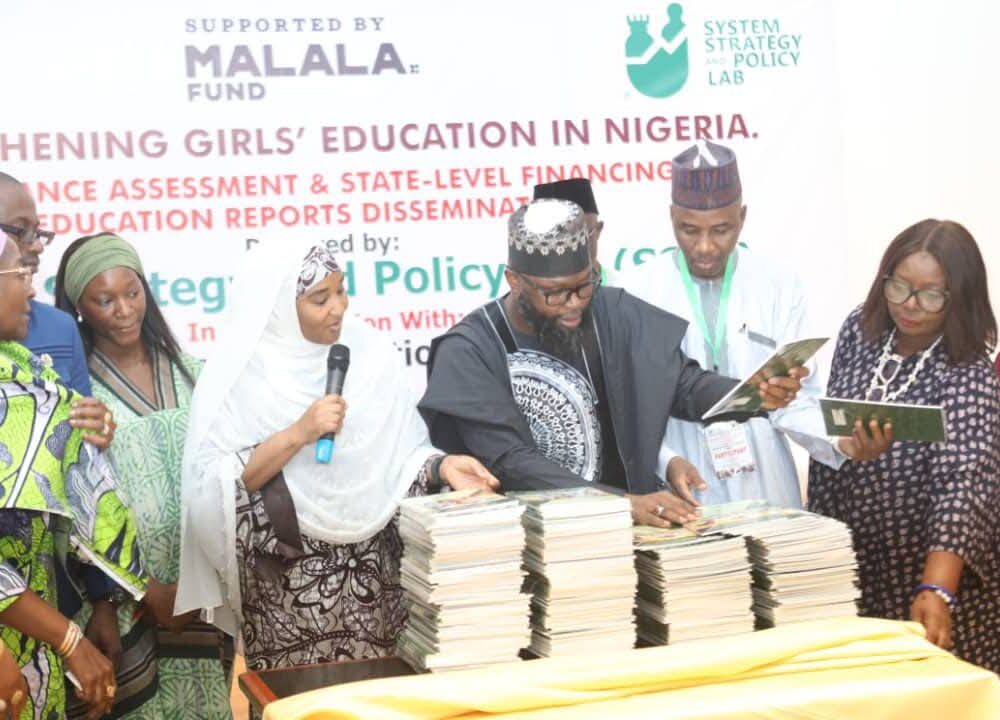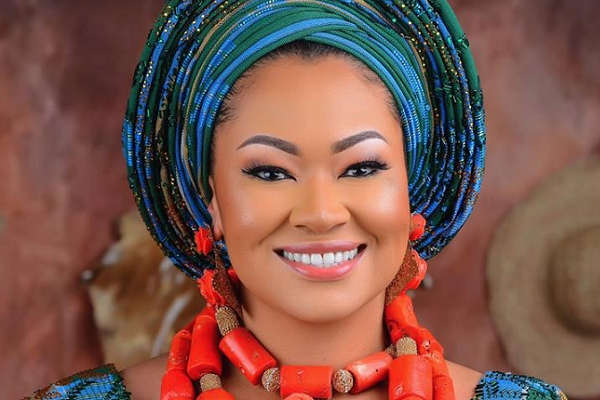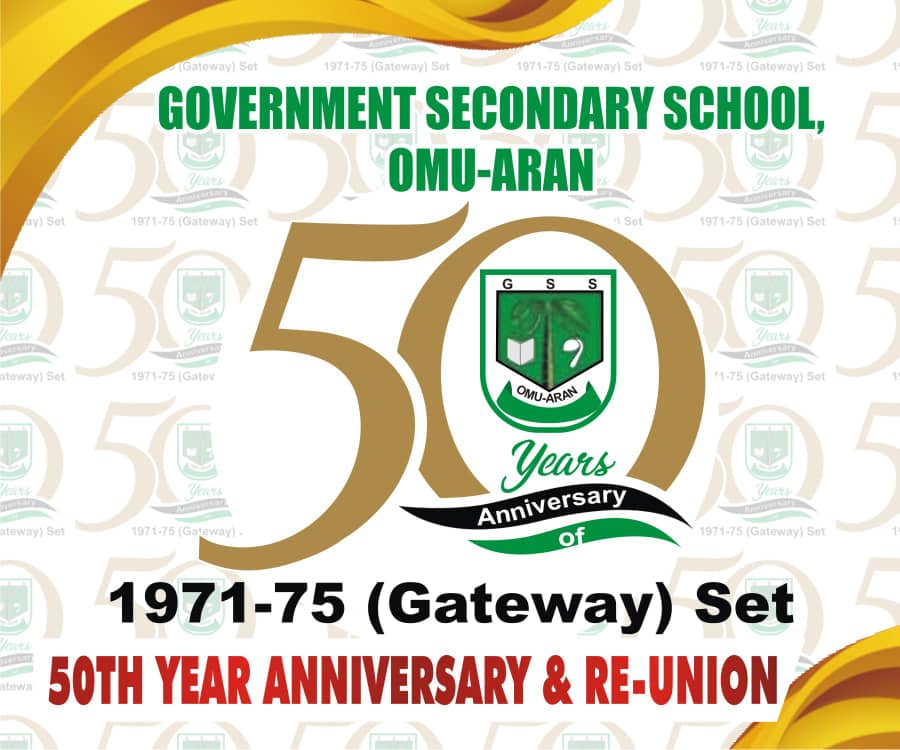Let me start this piece by asking: Do you know Ibrahim Bello Kano? You probably don’t know him. But do you know IBK? Oh yes, you know IBK. Ibrahim Bello Kano is the same as IBK, and IBK is the same as Ibrahim Bello Kano. IBK is his sobriquet, his social and intellectual insignia, as it were. The same IBK! That Professor of English at Bayero University Kano, BUK. A lot of people may be familiar with IBK but not with what he stands for. Ok, I know IBK and I can claim to know what he stands for. I know that when IBK speaks, he does so from the heart, a passionate heart, not minding what anyone may think about his views.
He particularly believes that epistemology is in a situation of constant flux, of construction and reconstruction. Any attempt to stick to any particular phase or shape of thought is a necessary retardation of the human situation.
Physically, IBK is an intimidating male figure, standing at about 6 feet tall, broad shoulders and with the intimidating look of a fierce lion. He probably is a lion. His darting, squinting eyes don’t miss any important detail as he moves along. He moves like a hurricane, daring and dominating. He seems fearless and like a conqueror. IBK commands glances because of his imposing personality. You can’t but just notice his liveliness and his strong physical presence.
Intellectually, IBK is as imposing a giant as you may want and expect a scholar to be. He is committed and passionate about scholarship. There is no exaggeration if one describes IBK as a giant in the arena of African literary scholarship. He dominates its jungle like a lion king who has carved out a space, physical, emotional and social, over the entire forest and every lesser animal must recognise his dominance. He is a thoroughbred scholar, a bridge between the old school of scholars and the contemporary ICT-savvy new breeds.
At times I have this perception of IBK as possessing this dangerously mischievous scholarship and that he possesses some I-too-know kind of pomposity. Yet, one cannot deny the fact, that he loves and knows his trade. He is as grounded in the theories of literary criticism as he is sharp and witty about the pragmatism of the relevance of literary knowledge and its application. Little wonder that IBK is one of the most globally sought after literary scholars in our clime.
When therefore, I read IBK’s intervention on the ASUU’s IPPIS imbroglio with the federal government, I was awestricken, and stripped of my hitherto unshaken conviction about the prospect for the intelligentsia and the academia in Nigeria. In other word, IBK’S prognosis about the ‘Doomsday Prepping’ burst my bubble. But he is right. This essay is quintessential IBK, brutally frank and unpretentious. But his recipe is a hard prescription to swallow, if one is not a realist.
The events in the last few months in which the federal government has subjected university lecturers to the worst form of humiliating treatment and assault calls for some sober reflection among the lecturers and to reconsider their future commitment to the system, which I dare say is under eternal threat unless certain urgent and pragmatically reasonable interventions are taken. One of IBK’s brutal submissions is that ‘The IPPIS is only the opening shot in the impending war against our (lecturers’) living standards, wages, salaries, and hard earned, in the case of lecturers, negotiated agreements on pay, allowances, and other non-salary entitlements.’ Lamenting that ‘if you asked people of my generation and above, those who gave their youth to this job and profession spanning at least 30 years, we never thought that something like the IPPIS would be possible’, he lists some of the debilitating afflictions with which university lecturers have had to contend. These include lack of a reasonable health insurance system for the workers, a ‘burgeoning and growing, indeed an explosion, in student numbers’, shrinking physical facilities, incommensurate to the students’ population, the once cushioning vehicle and housing loans are now things of history, while the ‘meager pay or salary is losing its purchasing power by the minute’. In view of these drawbacks, IBK therefore, proposes what some of our colleagues have already termed revolutionary but inevitable self-help tactics that could save their future from the perilous and wicked connivance of an insensitive system, which seeks to pauperise and stymie both their youth and their old age.
Like some commenter on a WhatsApp platform of which I am a member reasoned, ‘IBK has said it all’. But I disagree. IBK has only initiated the debate. Its reverberation is endless. The reference to some thirty years ago, in IBK’s write up, to me, should be further discussed and interrogated. Thirty years ago, or thereabout, was when Nigeria suffered its worst wave of brain drain which took several years of interventions, conflicts, industrial actions, sacrifices and negotiations to begin to slowly address. University lecturing was so unattractive at this period, that just anything besides could be more assuring and fruitful. This was the period that one of the slogans of ASUU was ‘My take home pay cannot take me home’. Our best brains moved in droves to universities abroad for greener pasture, even where the grass wasn’t that green.
Coincidentally, this was the same period, driven by what Nigerians perceived to be some patriotic streak, when the then Gen. Muhammadu Buhari junta had caused some jingles to be packaged to redress the tendency. Who can forget in a hurry that timeless television jingle, ‘Andrew…I’m checking out menh’ and the admonition ‘We have no other country but Nigeria…let’s stay here and salvage it together’. Thirty years on, it sounds ironic that the same Muhammadu Buhari, who had intended to halt the drift, is the one stoking the fire.
As it stands, what IBK has left out in his submission is that lecturers may have no option, in addition to those others of his germane recommendations, than to begin to migrate in their numbers to better climes where their dignity is better respected. The greater loss, unfortunately, is that of Nigeria. But come to think of it, haven’t Nigerian university lecturers been humiliated enough?
For someone of IBK’s sturdy physique and ramrod intellectual conviction to raise his hands in absolute surrender in the manner he has done is his essay shows that the wind is blowing dangerously already across the universities in Nigeria and only a more reasonable approach to the issue of the IPPIS and other pending structural and funding issues can reverse the acid rain that may come to scorch this land. The wind that may come after that acid rain will certainly blow no one any freshness.
Prof. Gbenga Ibileye
Federal University Lokoja, Kogi state





